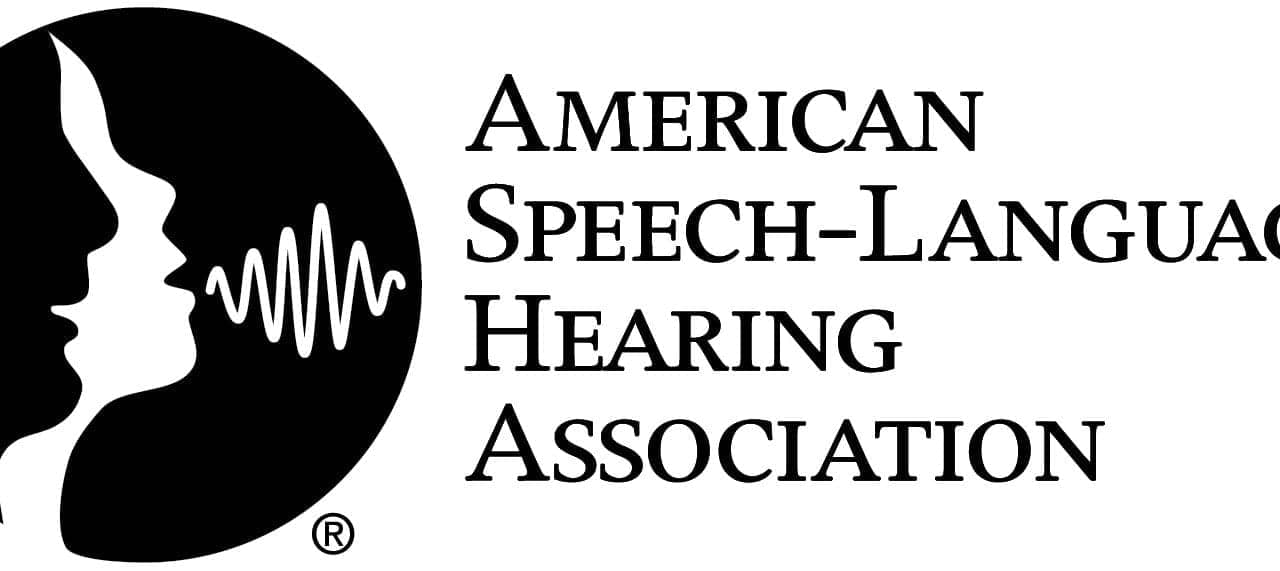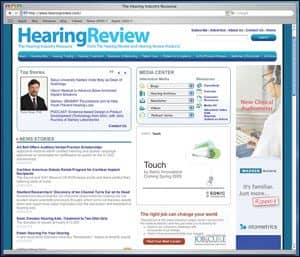The American Speech-Language-Hearing Association (ASHA) has issued a press release reminding hearing care professionals to get the word out about March 3 which is World Hearing Day. Hearing care professionals can advise people to take action if they have concerns about their hearing.
According to ASHA, hearing loss remains one of the most prevalent health conditions to affect Americans, and it is chronically untreated despite the medical, mental health, and financial consequences of inaction. On March 3, World Hearing Day, the effective treatment in the form of hearing aids and other assistive technologies are available for people with hearing loss across the life span, from infants to seniors. However, of the nearly 29 million US adults who could benefit from using hearing aids, only 16% of those ages 20–69—and 30% of people age 70 and older—who could benefit have ever used them, according to the National Institute on Deafness and Other Communication Disorders (NIDCD).
The theme for World Hearing Day is “Action for Hearing Loss: Make a Sound Investment.” It will highlight the economic impact of untreated hearing loss. World Hearing Day is organized by the World Health Organization (WHO), which this year is reporting that unaddressed hearing loss costs the global economy $750 billion annually. This includes costs to the health care system, societal costs, costs of lost productivity, and costs of additional educational support for children with hearing loss.
To mark the WHO observance, ASHA is providing a new series of educational resources via a digital toolkit that offers information about the costs of leaving hearing loss untreated, consumer checklists for preventing and treating hearing loss, and facts about hearing loss.
“We encourage anyone who is concerned about their hearing or a loved one’s to take action without further delay,” said ASHA President Gail J. Richard, PhD, CCC-SLP in a press statement. “Hearing loss is far more than a nuisance. It can affect almost all aspects of life, often impacting a person’s overall enjoyment and quality of life, academic and career status and success, mental health, and aspects of physical health. Ignoring concerns about hearing can come with costs far greater than the price of treatment.”
ASHA advises that anyone with questions about their hearing should visit a certified audiologist for a full hearing evaluation. A searchable database of certified audiologists nationwide is available at www.asha.org/profind.
Source: ASHA




